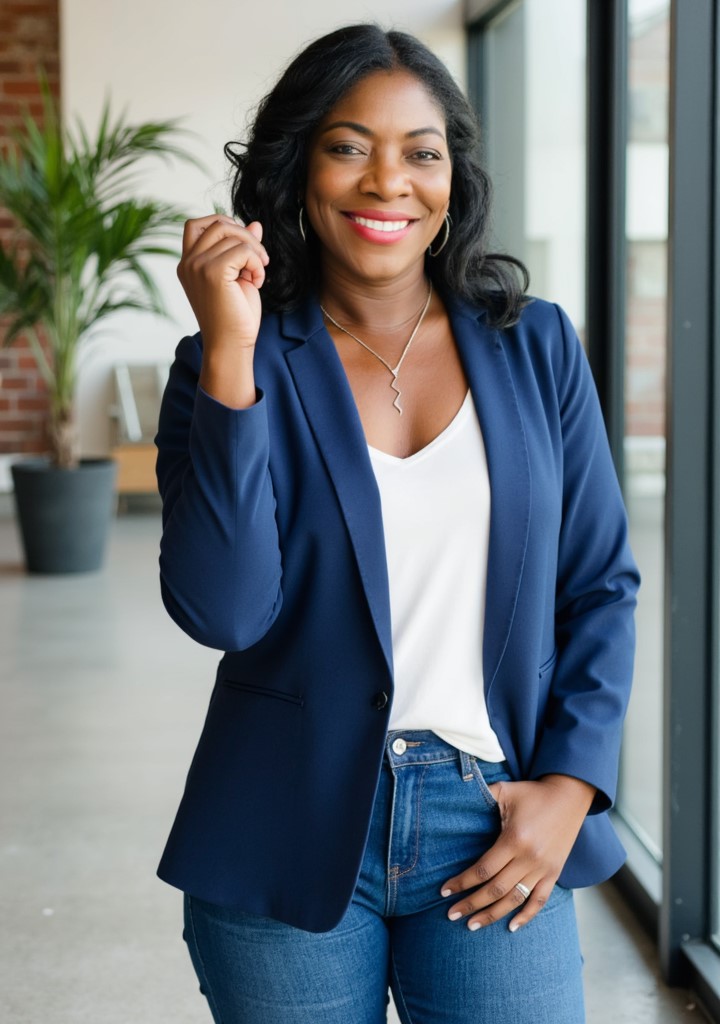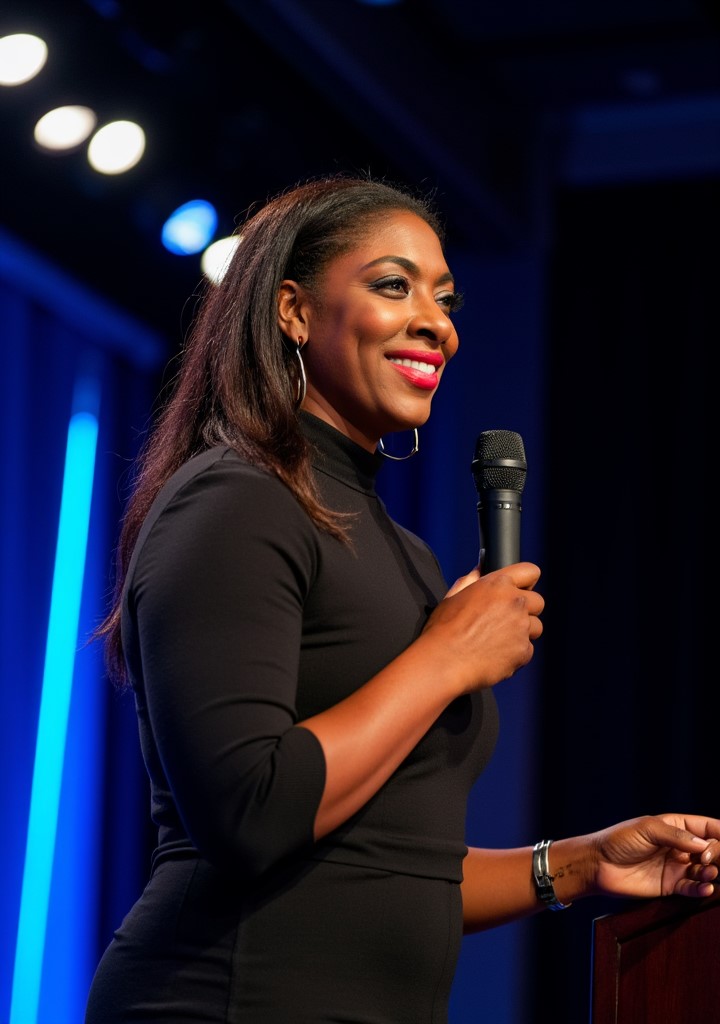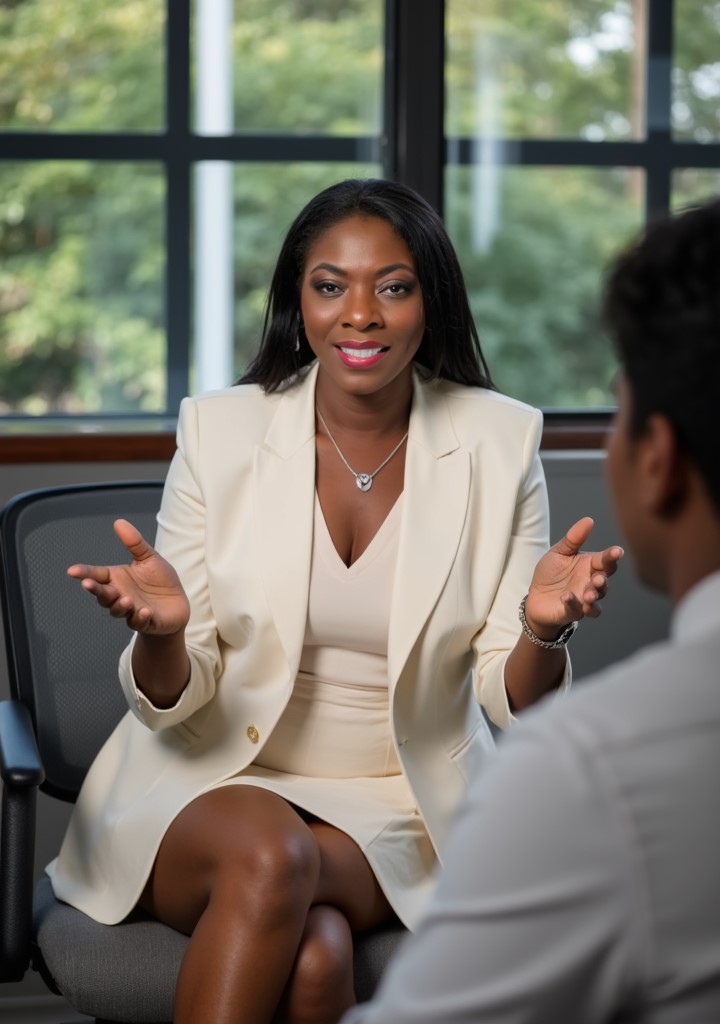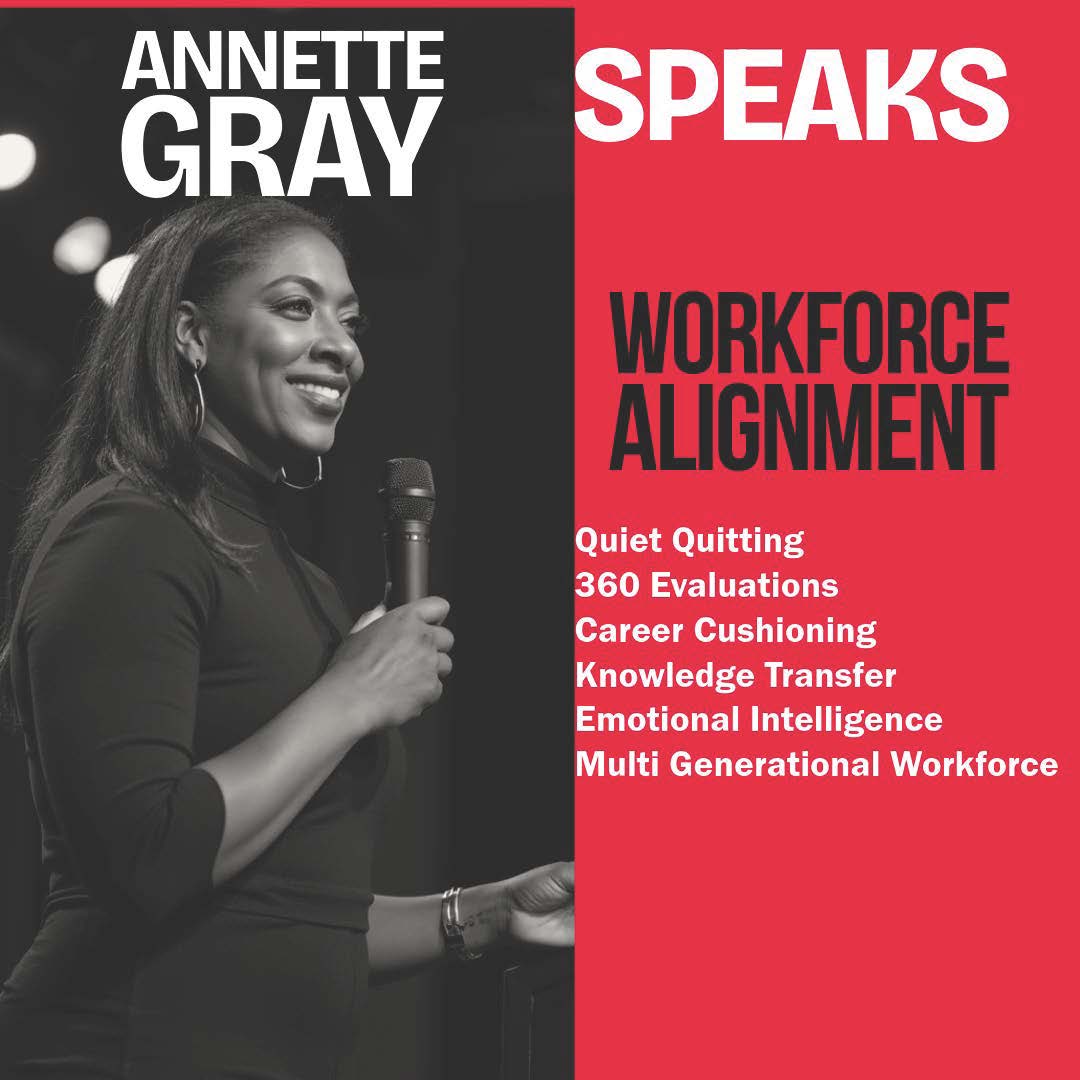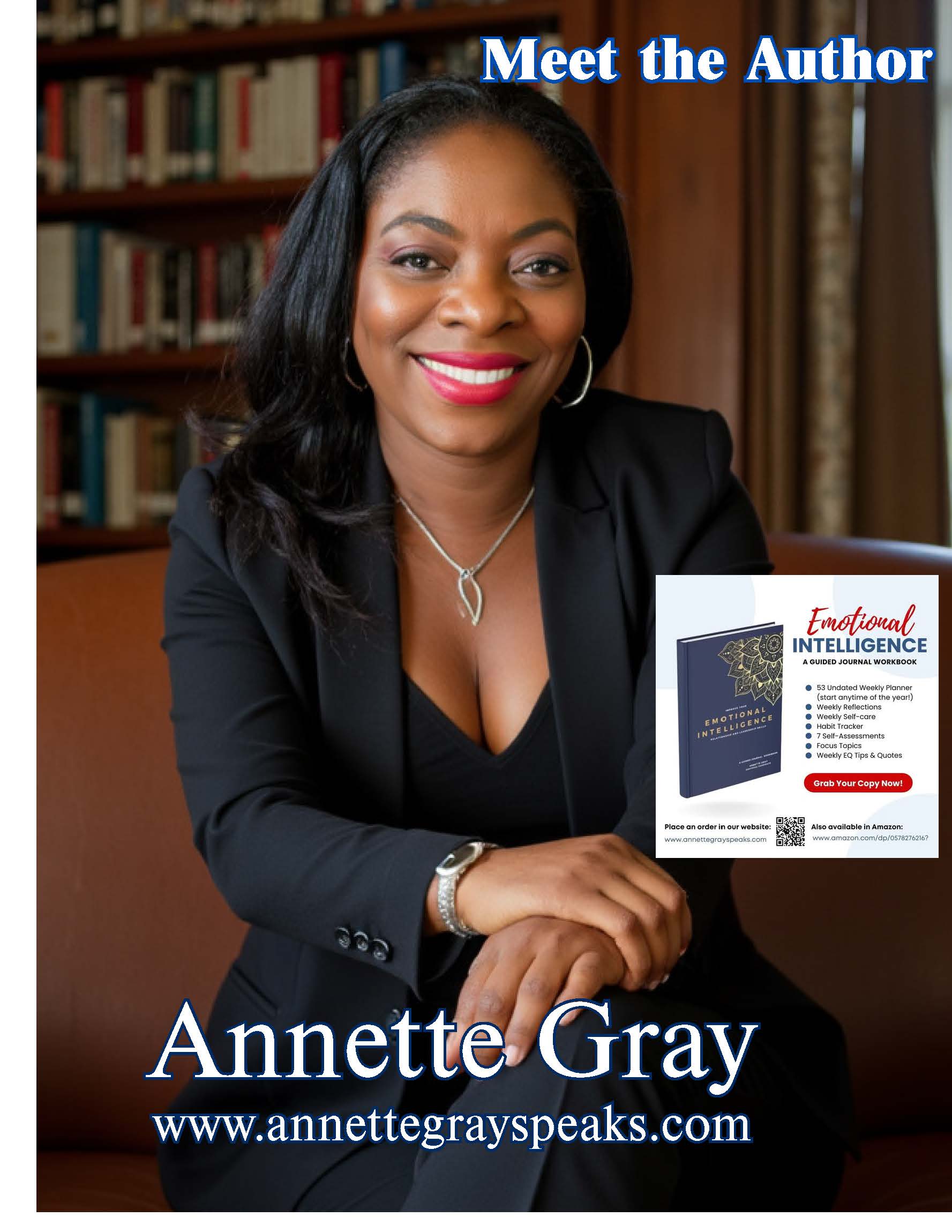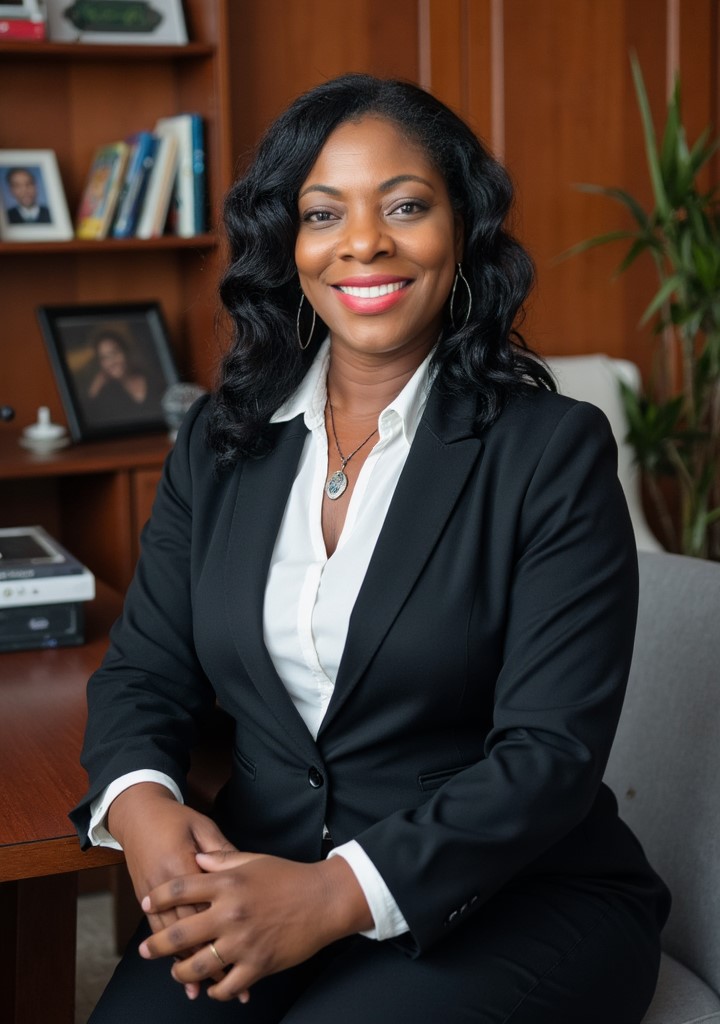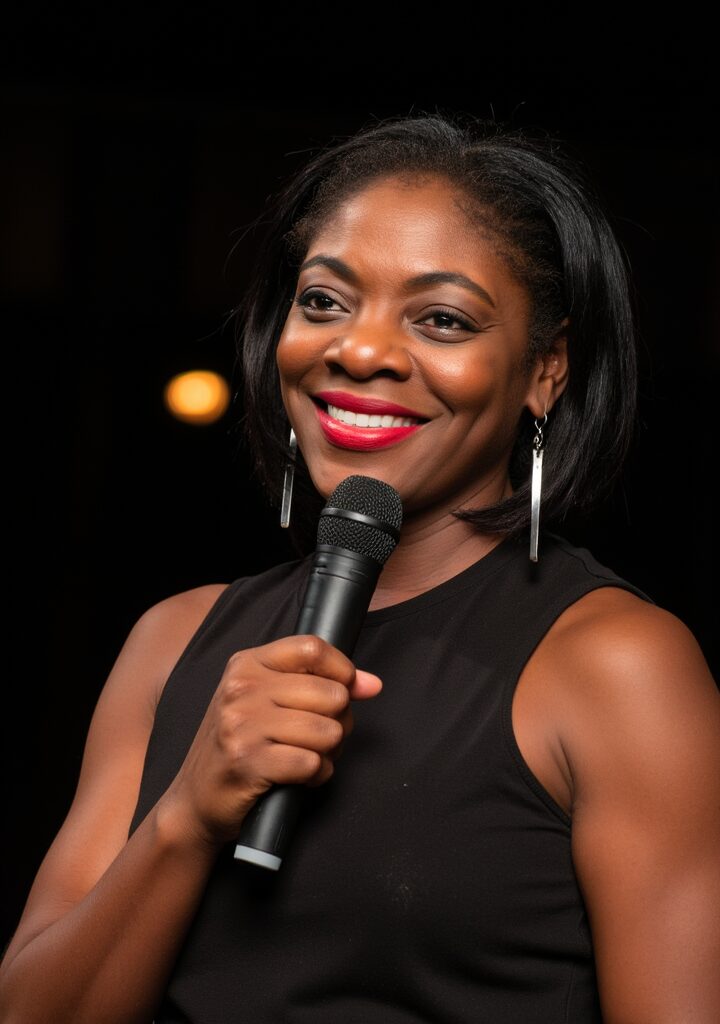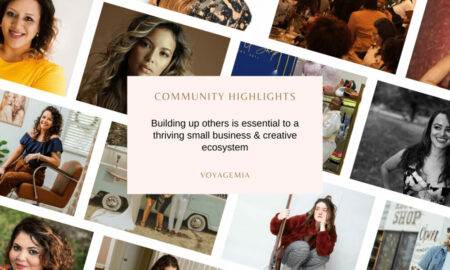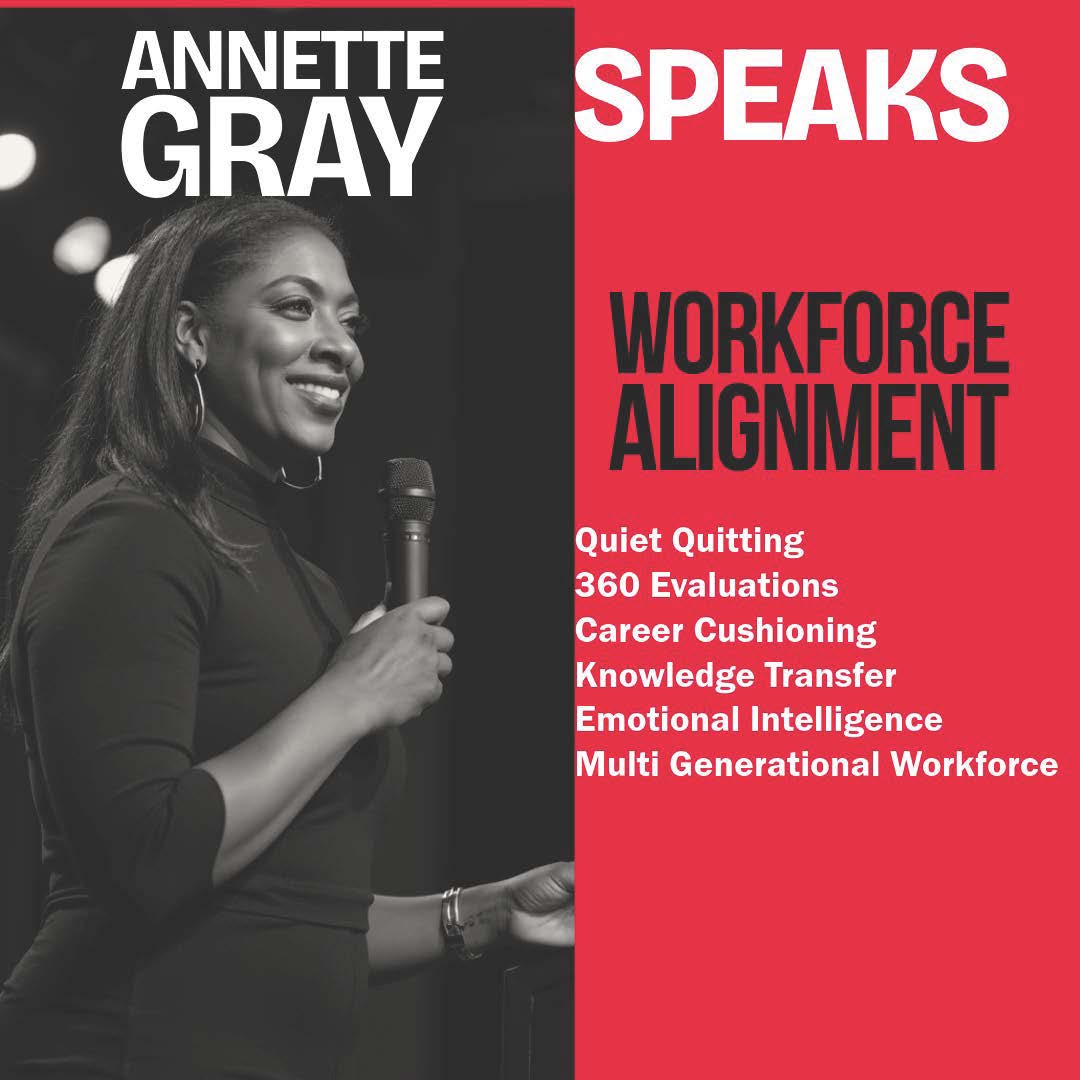

We recently had the chance to connect with Gray Annette Gray and have shared our conversation below.
Gray, it’s always a pleasure to learn from you and your journey. Let’s start with a bit of a warmup: What do you think is misunderstood about your business?
I am the Founder and CEO of Risk & Resource Management International specializin;g in capacity building, organizational development, culture re-engineering, and human capital development.
—
Many people misunderstand firms that focus on capacity building and organizational development. They see them as just consultants delivering quick fixes, but really, they’re strategic partners driving long-term change. Culture work isn’t just feel-good sessions it’s tied to measurable outcomes like retention and innovation, requiring data and thoughtful design.
Training alone isn’t enough; true human capital development includes leadership pipelines, succession planning, and aligning people strategy with mission. Also, capacity building isn’t only for struggling nonprofits high-performing organizations use it to scale and future-proof.
These firms don’t fix everything externally; lasting change needs internal ownership. One-size-fits-all solutions don’t work either effective approaches are tailored and adaptive. Though costs can seem high, the ROI in retention, funding, and governance is significant.
Finally, they’re most valuable when engaged proactively, not just during crises. Understanding this depth helps organizations realize the true impact these partners bring.
Can you briefly introduce yourself and share what makes you or your brand unique?
If a book entitled from Foster Care to CEO were to be written it would likely be the story of my life. I have been an entrepreneur, a business owner (yes they are different) for approximately 30 years.
I’ve always believed leadership is about more than just managing, it’s about driving meaningful change that lasts. At RRMI, my focus has been on building real opportunities for clientsthat often get overlooked. We’re not just delivering stratagiess; we’re designing experiences that empower leaderswith entrepreneurship Orientation, nnd leadership skills that they can benefit them personally and the organization’s mission.
My journey has been shaped by hands-on experience managing complex initiatives across public, private, and nonprofit sectors. Handling multimillion-dollar budgets and leading diverse teams taught me how essential it is to blend strategic vision with operational discipline. But it’s also about relationships engaging stakeholders, collaborating across sectors, and ensuring that our work aligns with the communities’ real needs and aspirations.
What energizes me most is seeing systemic change happen; transforming organizations and communities so they’re more resilient, inclusive, and impactful. I approach leadership with both emotional intelligence and pragmatism, knowing that lasting progress depends on aligning hearts and minds with clear, measurable goals.
At the end of the day, it’s about being a catalyst for change, helping others rise to their potential, and creating pathways that lead to sustainable success. That’s what drives me every day.
Thanks for sharing that. Would love to go back in time and hear about how your past might have impacted who you are today. What did you believe about yourself as a child that you no longer believe?
I was raised to believe that leadership was reserved for a select few, those who were somehow “special” or born with innate qualities that set them apart. That idea stuck with me for a long time, shaping how I viewed myself and others in professional spaces. But over the years, especially through my work with diverse communities and emerging leaders, my understanding of leadership has transformed profoundly.
Today, I firmly believe in what we call “leaderful practices.” This means leadership isn’t a title or a fixed role held by a few at the top; it’s a capacity that exists within everyone. Leadership is less about hierarchy and more about mindset and action. It’s about how each person can step forward, take initiative, influence positively, and contribute to a shared vision.
What’s exciting to me is that leadership potential is something you can nurture. It grows through thoughtful training, intentional mentorship, and real-life experiences that challenge and empower people. It’s not an exclusive club,it’s a skill set and attitude that organizations and communities can cultivate deliberately.
This belief drives how I approach my work every day. Whether we’re designing organizational stratagies, coaching emerging professionals, or collaborating with executives, the goal is to unlock that potential in others. When people feel seen, supported, and equipped, they surprise themselves with what they can lead.
Leadership, in this sense, is a collective effortbuil,t on trust, inclusivity, and shared responsibility. I think that shift in mindset from leadership as a rare gift to leadership as an accessible, developable practice is one of the most powerful forces for real, lasting change. It’s about creating environments where everyone feels empowered to lead in their own way. That’s the future I believe in, and it’s the future I’m passionate about helping build.
What did suffering teach you that success never could?
Suffering has shown me and led me to understand that most people are attracted to positions of power and that attraction can often mimic friendship. When you’re visible, when you’re leading, people show up. But suffering has a way of stripping away the performance. It reveals who’s truly aligned with your values, your vision, and your humanity.
Success taught me how to build, how to scale, how to lead with confidence. But suffering taught me how to listen differently. It taught me how to discern between applause and authenticity. It showed me the strength in vulnerability, the clarity that comes when the noise fades, and the power of resilience that doesn’t need a spotlight.
When you’re in the valley, whether professionally, emotionally, or spiritually; you learn who you are without the titles, without the accolades. You learn how to lead from a deeper place. That’s where empathy is forged. That’s where emotional intelligence becomes more than a buzzword it becomes a survival skill.
Suffering taught me that leadership isn’t about being above others. It’s about being among them. It’s about showing up when things are hard, making decisions when the path isn’t clear, and holding space for others even when you’re still healing yourself.
So while success builds your résumé, suffering builds your character. And in the work I do now,whether it’s with youth, entrepreneurs, or institutions; I lead from both because real transformation requires both the brilliance of success and the wisdom of struggle.
Next, maybe we can discuss some of your foundational philosophies and views? Where are smart people getting it totally wrong today?
For the first time in many centuries, there are five generations in the workforce at the same time. That’s unprecedented and yet most organizations are missing the opportunity for reverse mentorship and the development of a true learning culture.
Smart people, even well-intentioned leaders, are getting it wrong by clinging to outdated hierarchies of knowledge. They assume wisdom only flows from the top down, from tenure to newcomer, but in today’s landscape, innovation, cultural fluency, and digital agility often sit with younger professionals. When we fail to tap into that, we’re not just missing out we’re actively stalling progress.
I’ve seen brilliant executives overlook the power of intergenerational collaboration because they’re too focused on control, not connection. They invest in leadership development but neglect peer learning. They build training programs but forget to build trust and they talk about inclusion without creating spaces where every voice regardless of age or title can shape the future.
What we need is a shift from positional leadership to participatory leadership. That means creating ecosystems where Gen Z can mentor Boomers on tech and culture, and Boomers can mentor Gen Z on resilience and legacy. It’s not about who’s smarter, it’s about who’s willing to learn, share, and evolve together.
The smartest thing we can do right now is stop assuming that experience equals relevance. Relevance is earned through curiosity, adaptability, and the courage to listen across generations. That’s the kind of leadership the future demands.
Okay, we’ve made it essentially to the end. One last question before you go. What false labels are you still carrying?
“The Strong Woman.”** That label has followed me for years and while it’s often meant as a compliment, it can be a double-edged sword. It implies resilience, leadership, and grace under pressure;which I absolutely embody. However, it also carries an expectation of emotional suppression, of being invulnerable, of never needing help. That’s the part I’ve had to unlearn.
Being seen as “the strong one” can isolate you. People assume you’re always okay, always capable, always available to carry the weight, but strength isn’t the absence of struggle,it’s the ability to move through it with intention and integrity. I’ve learned that asking for support, setting boundaries, and showing emotion are not signs of weakness, they’re acts of courage.
Another label I’ve had to shed is “the fixer.” In my work, I’ve often been called in to turn things around, to solve complex problems, to lead through chaos. While I’m proud of that reputation, it can create a dynamic where people expect you to perform miracles without acknowledging the human cost. I’ve had to remind myself and others that transformation is a shared responsibility, not a solo act.
So yes, I’m strong, but I’m also reflective, vulnerable, and evolving. I’m learning to redefine strength as wholeness not just endurance. I’m committed to creating spaces where others don’t have to wear labels to be seen, valued, or heard.
Contact Info:
- Website: https://rrmanagementinternational.com/
- Linkedin: https://www.linkedin.com/in/annette-gray-mba-dba-candidate-lean-six-sigma-disc-certified-71a49a18
- Other: https://annettegrayspeaks.com/
